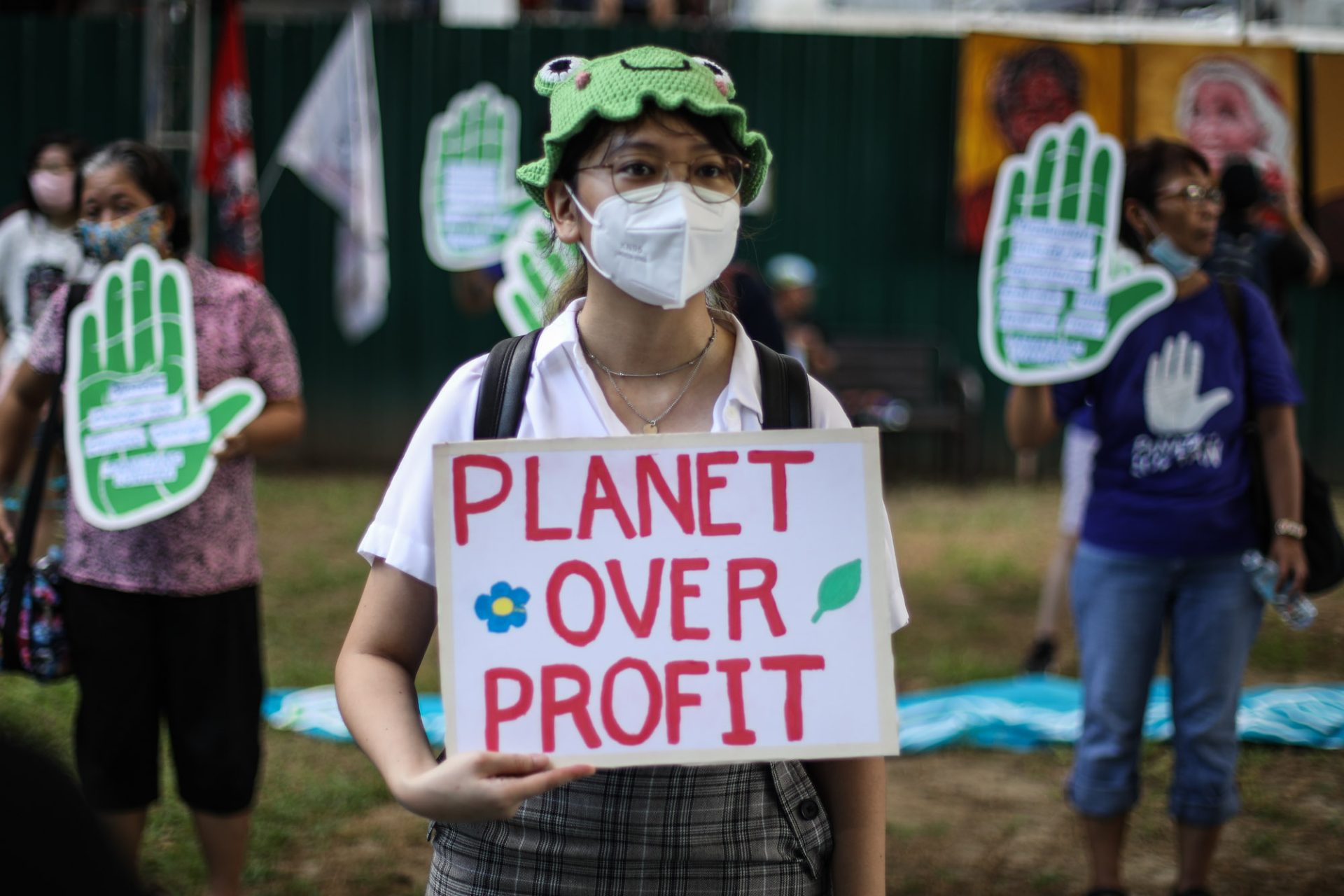Most Filipinos treat climate change as a personally important issue, revealed a recent study done by Yale University and Meta.
About 82 percent of respondents in the Philippines consider the issue of climate change as either “extremely important” or “very important,” one of the highest scores among those surveyed.
However, only 51 percent of Filipinos are well-informed about the climate crisis, compared to 44 percent who know little to nothing about it. This is despite the nation being one of the most vulnerable to climate change impacts, such as typhoons, extreme flooding, droughts, and sea level rise.
The survey assessed the climate change attitudes, behaviors, and beliefs of Facebook users residing in 110 nations.
It showed that 72 percent of Filipinos think that climate change is partially caused by pollutive human activities. However, 40 percent said that it is caused about equally by natural changes and man-made actions, even though a global scientific consensus has confirmed that the burning of fossil fuels, such as coal and natural gas, is the main trigger for the crisis.
Only 32 percent of the respondents heard about the climate change issue more than once a month from television, newspapers, social media, or conversations with family and friends. In contrast, 49 percent said they receive related news from once to several times a year.
In terms of governance, 78 percent of Filipinos think that the climate crisis should be a high priority in the government’s agenda, the highest among Asia-Pacific countries. About 64 percent believe that climate action benefits economic growth.
Nearly half (49%) of the respondents believe that the Philippines should reduce its own carbon emissions only if other nations also lower their pollution, a sentiment shared with most Asia-Pacific states.
Part of the Philippines’ pledge to the Paris climate agreement is to reduce its emissions by 75 percent within the current decade, albeit with the condition of being supported by developed countries in terms of finance, technologies, and capacity-building.
However, the report shows conflicting perspectives of Filipinos on energy security. While 79 percent support the expansion of renewable energy, more respondents support the expansion of fossil fuel expansion (54%) than on reducing reliance on said energy sources (25%), similar to its Southeast Asia neighbors.
More people also believe that the ones most responsible for addressing the climate crisis are individuals (44%) over governments (20%) or businesses (21%).







